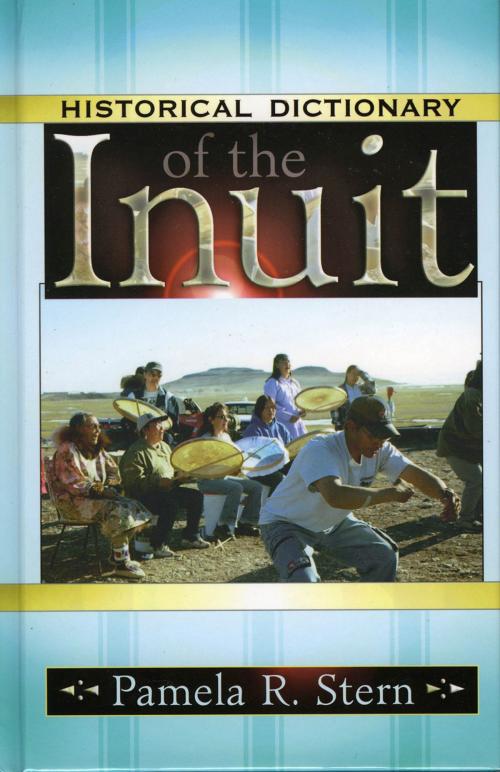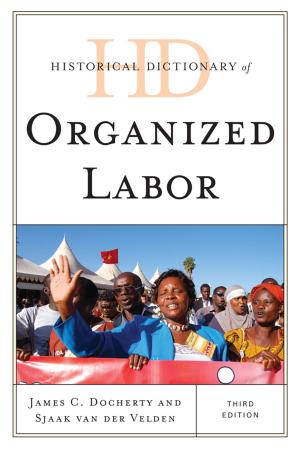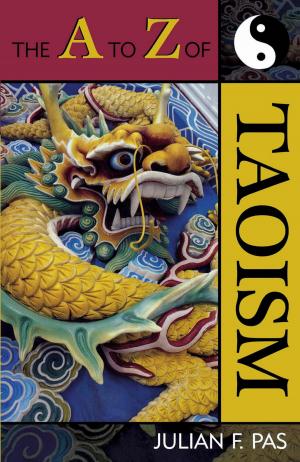Historical Dictionary of the Inuit
Nonfiction, History, Polar Regions, Reference, Americas, Native American| Author: | Pamela R. Stern | ISBN: | 9780810865563 |
| Publisher: | Scarecrow Press | Publication: | July 27, 2004 |
| Imprint: | Scarecrow Press | Language: | English |
| Author: | Pamela R. Stern |
| ISBN: | 9780810865563 |
| Publisher: | Scarecrow Press |
| Publication: | July 27, 2004 |
| Imprint: | Scarecrow Press |
| Language: | English |
The approximately 150,000 Inuit are indigenous to four nations - Denmark (Greenland), Canada, the United States (Alaska), and Russia - and thus have had very different colonial experiences and participate as citizens of those nations in different ways. Far from being victims of colonialism, Inuit are actively involved in shaping their social environments. Nonetheless, modern social and political realities present Inuit with many of the same issues faced by distinct peoples around the world. This volume describes how Inuit as a single people, citizens of separate nations, and residents of individual communities deal with education, language rights, self-government and self determination, the militarization of their lands and their lives, climate change and pollution, and globalization. This work presents an overview of the Inuit peoples of the Circumpolar North. Unlike other works that focus on traditional Inuit cultures, this work documents the social, political, and economic history of Inuit as part of a globalized world. The work contains information on traditional Inuit cultures, but special emphasis is placed on the recent history of Inuit communities. More than 450 dictionary entries cover issues of society, economy, and politics; influential educators and writers, environmentalists, and politicians; and the many voluntary associations and governmental agencies that have played a role in Inuit history. The introductory essay, chronology, and well-developed bibliography make this an ideal reference source for the researcher or student.
The approximately 150,000 Inuit are indigenous to four nations - Denmark (Greenland), Canada, the United States (Alaska), and Russia - and thus have had very different colonial experiences and participate as citizens of those nations in different ways. Far from being victims of colonialism, Inuit are actively involved in shaping their social environments. Nonetheless, modern social and political realities present Inuit with many of the same issues faced by distinct peoples around the world. This volume describes how Inuit as a single people, citizens of separate nations, and residents of individual communities deal with education, language rights, self-government and self determination, the militarization of their lands and their lives, climate change and pollution, and globalization. This work presents an overview of the Inuit peoples of the Circumpolar North. Unlike other works that focus on traditional Inuit cultures, this work documents the social, political, and economic history of Inuit as part of a globalized world. The work contains information on traditional Inuit cultures, but special emphasis is placed on the recent history of Inuit communities. More than 450 dictionary entries cover issues of society, economy, and politics; influential educators and writers, environmentalists, and politicians; and the many voluntary associations and governmental agencies that have played a role in Inuit history. The introductory essay, chronology, and well-developed bibliography make this an ideal reference source for the researcher or student.















